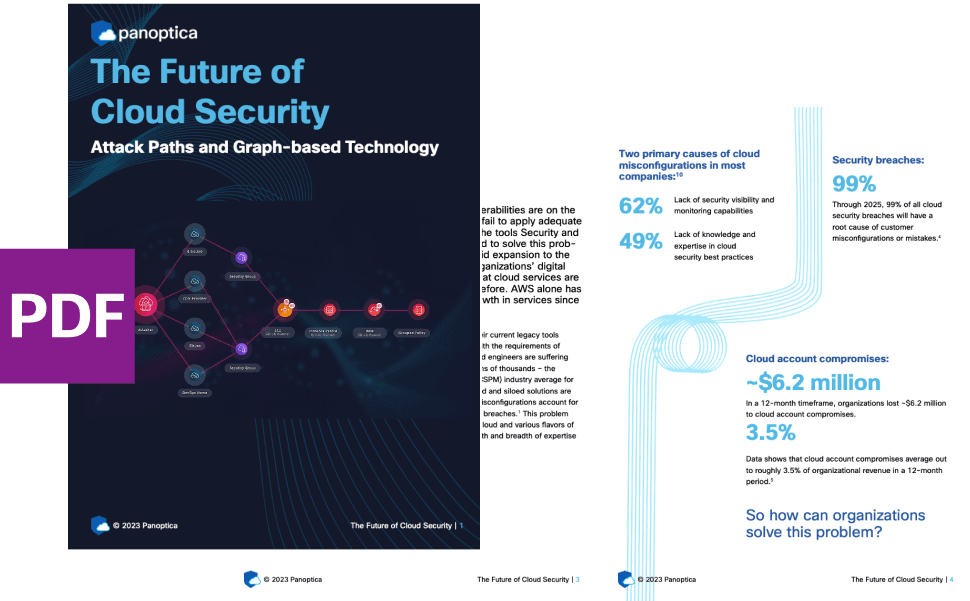INSIGHTS
1 min read

Published on 08/16/2021
Last updated on 03/21/2024
Towards a Predictive Internet
Share
Since the early days of the Internet (Arpanet in 1970), the topic of Routing Protocol Convergence Time (time required to detect and reroute traffic in order to handle a link/node failure) has been a top- of-mind issue. A number of protocols and technologies have been developed and deployed at a large scale with the objective of improving overall network reliability. Although such approaches have dramatically evolved, they all rely on a reactive approach: upon detecting a network failure, the traffic is rerouted onto an alternative path. In contrast, a proactive approach would rely on a different paradigm consisting in rerouting traffic before the occurrence of a predicted failure onto an alternate path that meets application Service Level Agreement (SLA) requirements.
Myth or reality? The notion of prediction refers to the ability to anticipate/forecast a network state (such as a dark/grey failure) that would impact the application experience, but also to determine whether an alternative path that is free of failures exists. This short white paper introduces the emergence of a Predictive Internet using learning technologies along with few results derived from the deployment of such technology at scale.
Download the white paper - no registration required.


Subscribe to
the Shift!
Get emerging insights on emerging technology straight to your inbox.
Unlocking Multi-Cloud Security: Panoptica's Graph-Based Approach
Discover why security teams rely on Panoptica's graph-based technology to navigate and prioritize risks across multi-cloud landscapes, enhancing accuracy and resilience in safeguarding diverse ecosystems.

Related articles

Subscribe
to
the Shift
!Get on emerging technology straight to your inbox.
emerging insights
The Shift keeps you at the forefront of cloud native modern applications, application security, generative AI, quantum computing, and other groundbreaking innovations that are shaping the future of technology.





